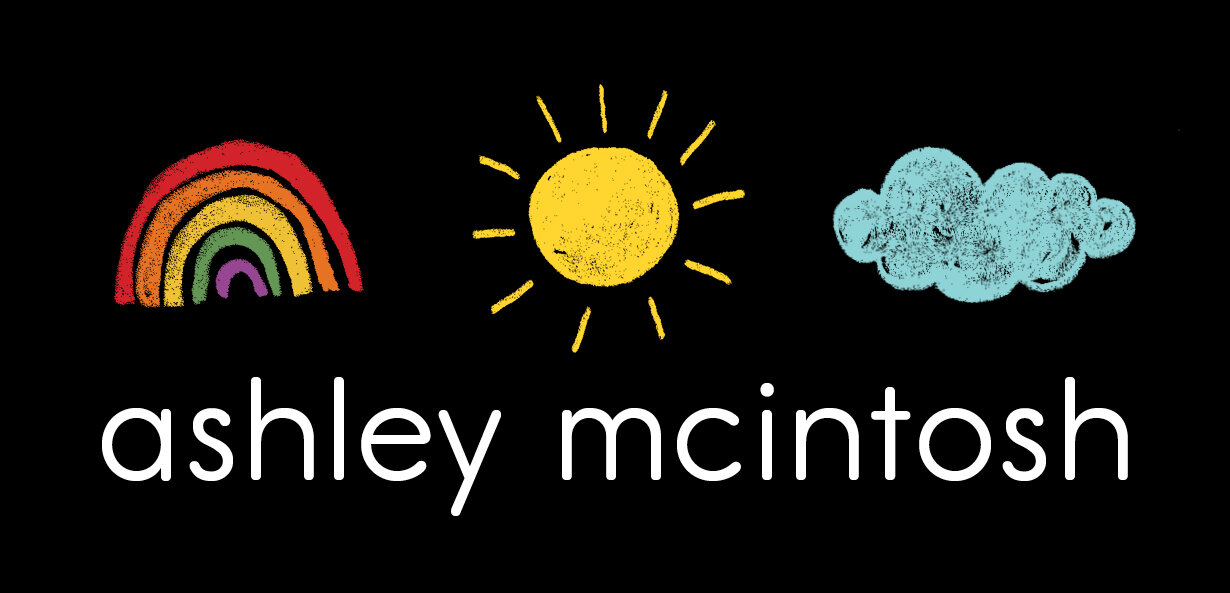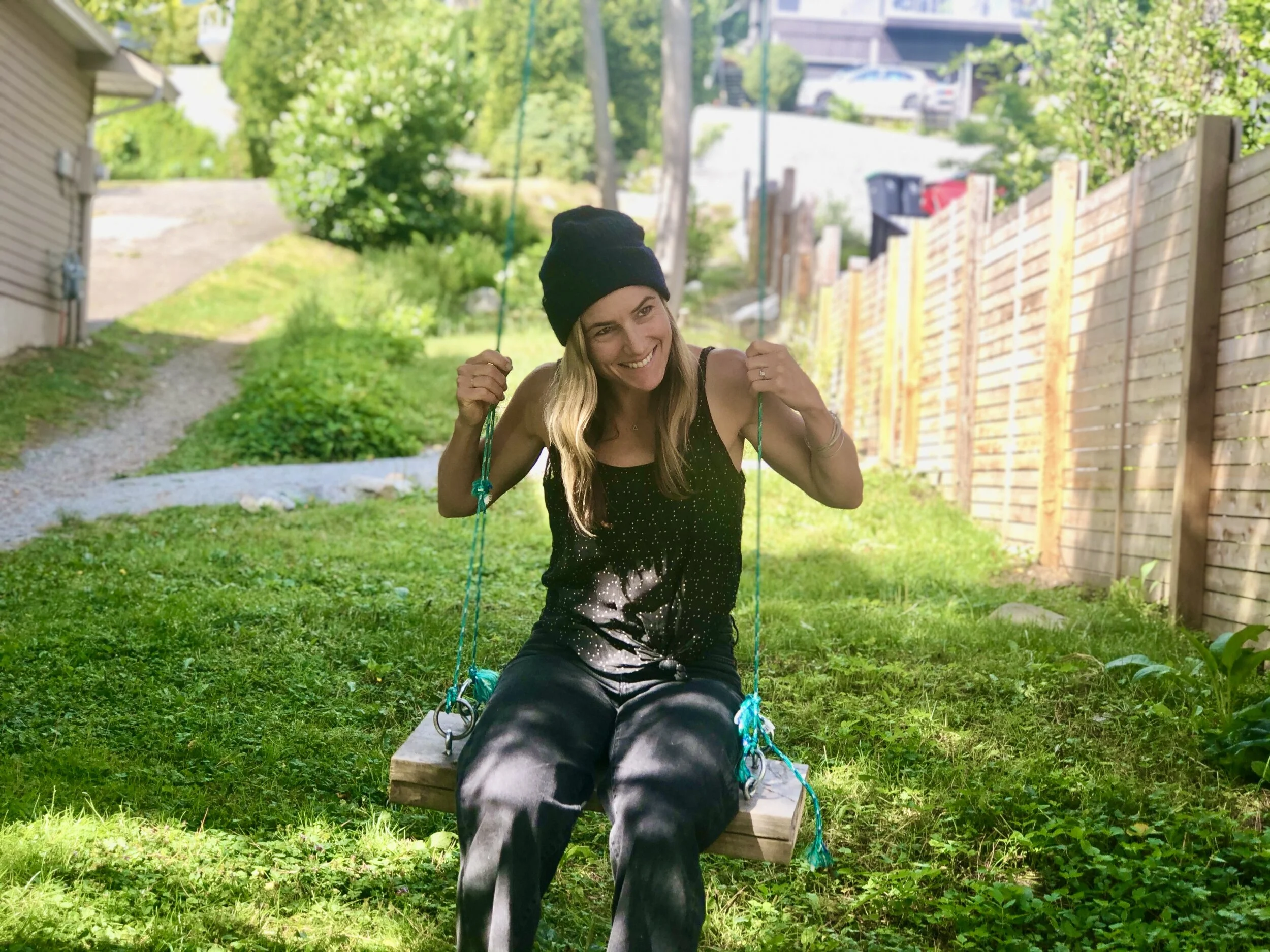After 20 years of my recovery journey, I only truly began to understand self-love during the past year. You see, when the cloud (your ego or negative self-talk) is your leader, loving yourself looks like this:
“I love myself because I am a good friend.”
“I love myself because I am a hard-worker.”
“I love myself because I take risks.”
“I love myself because I like to have fun.”
“I love myself because I am a patient listener.”
The above reasons to love yourself may appear wonderful. However, the cloud is sneaky and it will disguise itself as something wonderful. Who wouldn’t want to be a patient listener? But if you look deeper at these sentences, you can see that every one of them has a condition. “I love myself because…”
The best way to understand self-love, is to imagine the way you love and take care of your child, grandchild, pet, or any similar being to these (friend’s child or pet, niece/nephew, a child you are helping, etc).
Take the above sentences and apply it to them. What the phrases are saying is that you love them because they are a hard-worker, a good friend, or a risk taker. But what about when they are not?
My two children are annoying sometimes. They yell in my ears. They cry because they want more screen time or candy. They hit each other when they fight. Does that mean my love for them diminishes when they annoy me? No, I always love them. Always.
This is the true meaning of self-love. And it does not come from your cloud. It comes from the sun in your heart (your soul or true self). This kind of love is unconditional. And it involves having a continuous dialogue with yourself to ensure that you are emotionally, mentally, and physically supported as you move through your day. Unconditional love sounds like this:
“How are you this morning? What do you feel like for breakfast?”
“It looks like you have a lot on your plate today. Do you want to take an extra 5 minutes with the bathroom door locked to get connected with yourself before you take on the day?”
“How are you feeling after that visit? They made a few hurtful comments there. Let’s take a few breaths to feel the pain they evoked. What do you need?”
“What’s your energy level? Do you want to get out today and move your body? Or do you need a rest day?”
“That was awesome! You did that so well. Seriously, I’m proud of you. You worked hard for that.”
“You are scrolling on your phone a lot today. What’s going on? What feelings do you think you might be trying to avoid?”
“You may be wondering if those people like you. But why don’t you ask yourself how you feel when you are around them. You can make your own decisions.”
“You drank/ate a ton last night. I know you feel terrible. And you want to beat yourself up. But there was a reason you felt like escaping. Let’s follow the breadcrumbs backwards and use this as a way to learn about what you need right now.”
Self-love means that you are your own parent. You are your own go-to person. You are always there for yourself to support, listen, encourage, and feel. You are your own little buddy. You make mistakes. You are annoying sometimes. But your love is always there. Always. And it allows you to be a messy, beautiful human.
The sun, cloud, and rainbow metaphors that make up the story in my children’s book The Girl and the Sun were molded piece by piece from my own pain and subsequent drive to overcome it. I use these metaphors every day to parent myself and my children. They are not my own ideas. They come from many teachers along the way: Anita Johnston, Eckhart Tolle, Byron Katie, Jeff Foster, Tara Brach, Marianne Williamson, and many counselors and colleagues who guided me along my journey. Through The Girl and The Sun I can now share them with the world. Please visit www.ashleyandthesun.com/free-handouts-parents-and-teachers for free handouts and www.ashleyandthesun.com for a thorough explanation of the sun, cloud and rainbow metaphors.

